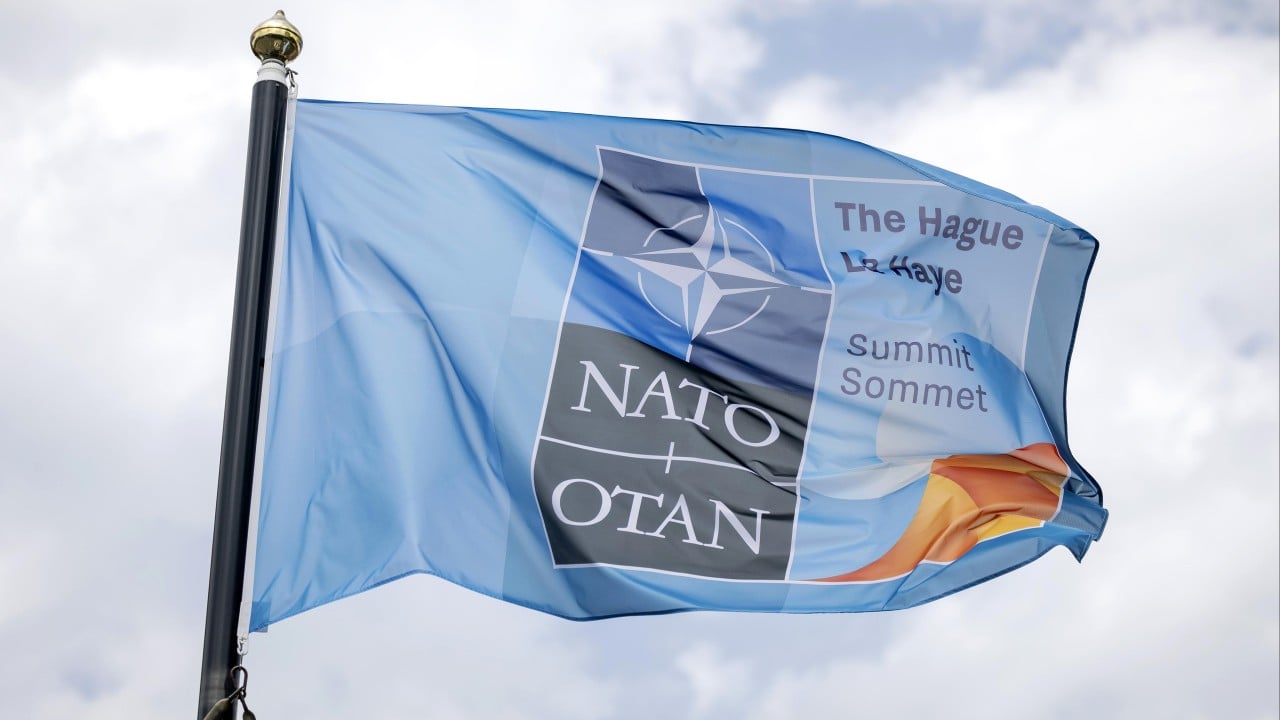Nato has shelved plans to open a liaison office in Tokyo, dealing a symbolic blow to Japan’s hopes of cementing the alliance’s presence in the Indo-Pacific and exposing divisions among member states over how directly they should confront China’s rising power.
Advertisement
The proposal had been strongly backed by former prime minister Fumio Kishida’s government, which viewed the planned office as a step towards closer coordination with Nato and its partners in the region, including Australia, South Korea and New Zealand.
But officials confirmed on the sidelines of the alliance’s ongoing summit in The Hague that the plan had been dropped – at least for now.
Analysts say the decision is unlikely to derail growing military cooperation between Japan and key Nato members, but note that it will be perceived in Tokyo as a missed opportunity to formalise Japan’s role as a trusted partner in global security.
“Yes, there will be disappointment in Japan as they were very much in favour of this, but Tokyo knows there are many ways to enhance the relationship with Nato rather than through the opening of an office,” said Ryo Hinata-Yamaguchi, associate professor at Tokyo International University’s Institute for International Strategy.
Advertisement
“It is not clear exactly why this decision was reached and there will be questions over whether Nato did not want an office in the Asia-Pacific region or Japan specifically,” he said. “But things can change in the future and it would be fairly easy to resurrect the plan again.”

